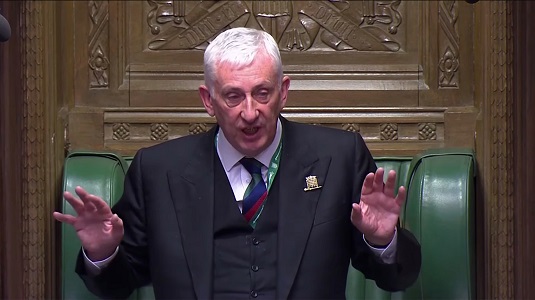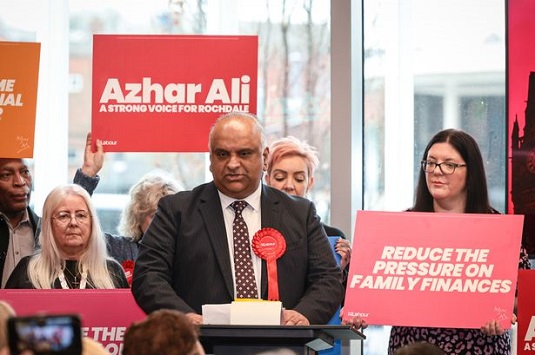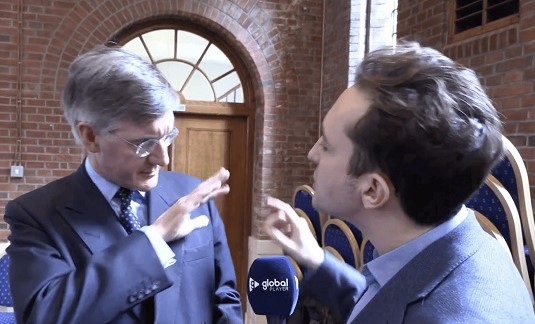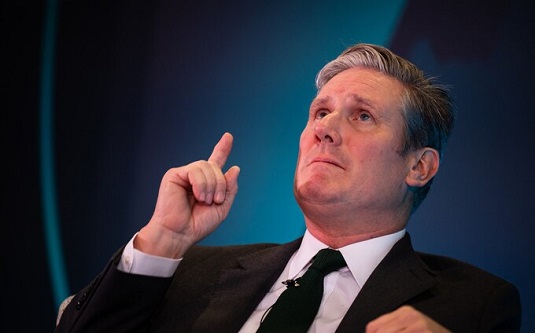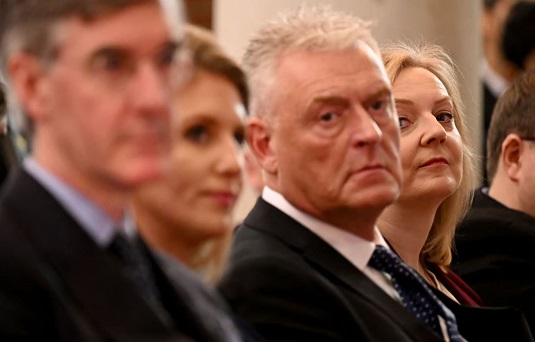
This makes a mockery of claims that Lee Anderson's rant, and Suella Braverman's lies about antisemitism and Islamist hate marches - repeated at every opportunity - are isolated incidents. When leaks from Tory MP WhatsApp groups feature members saying how they've got a full inbox praising Anderson's racism, what they don't tell you is most of them came from members of the local association. You can only conclude that "moderate" Tories, like Sayeeda Warsi (who happily dished out glib distortions when she was in government), don't go to meetings much.
HnH have showed another reason why the Tories won't take Islamophobia seriously. The Conservatives are thoroughly compromised by racism. Rishi Sunak and the contenders for the post-catastrophe leadership know that if they pressure wash the party stable, all the vermin that thrive in the filth will stream out of the yard and scurry into the cesspit Nigel Farage and the Reform Party have set up over the road. And so Islamophobia and anti-immigration posturing isn't just a strategy the Tories have fooled themselves into thinking is a go-er, they need it to keep their increasingly unhinged party from falling over.
As someone wrote somewhere, the Tories have two big problems if they want to remain a viable party of government. The cohorts of voters opposed to the Tories have this thing called memory. The right wing press often reminds its diminishing audiences of the winter of discontent, but that cuts both ways. The racism, the cuts, the crumbing public services, the strikes, the inflation crisis, fuel bills, Covid mismanagement, these are going to ensure there's a solid block of anti-Tory voters for decades to come. And second, the values, outlooks, and interests of the rising generation of voters have time and again been attacked by the Tories. The party's only way back to government is not doubling down on right wing politics, as bizarrely some on the left also think, but a thorough detox. The racists, the climate change deniers, those who rail against "globalists", they need to be got shot of. And more than that, the Tories have to curb the propensity to rip everything up. Only then when, ironically, they approach conservatism will they make inroads into the people who spurn them today.
This is the choice the next leader has. Lean into the hate and bigotry and secure the continuance of the party as it stands, albeit without much of a future. Or go for a split and recompose the Tories around a moderate centre right politics. Them's the breaks, as Boris Johnson said on the occasion of his defenestration. Whichever way the Tories go, a great deal of pain awaits.
Image Credit


